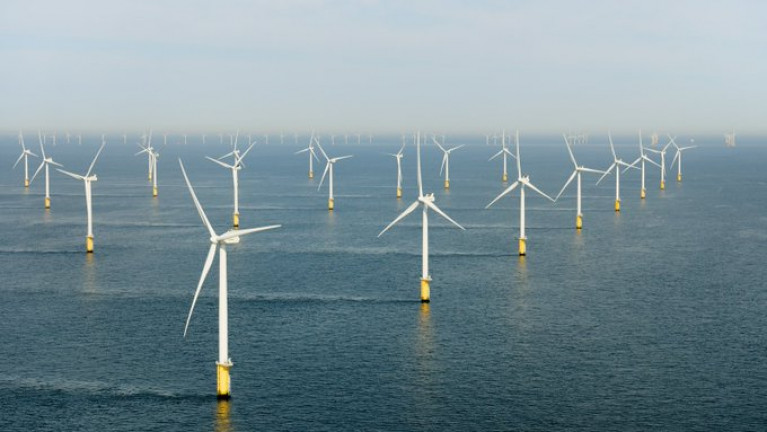Displaying items by tag: Agency: MARA
A Govenment maritime planning regime is being announced, which will enable the development of offshore wind farms.
Offshore wind farms are needed if Ireland is to achieve its climate targets and reduce dependence on imported gas and oil.
The Government has pointed to renewable energy as a way to increase energy security and its climate action plan set a target of at least 5GW of power from offshore wind farms by 2030 - greater than Ireland's current total wind capacity.
Those wind farms will need planning permission and the first phase of that will be to get a Marine Area Consent.
There are seven proposed wind farms with a combined capacity of around 3GW in the first batch to be considered. Six are off the east coast and one is off the coast of Conamara (Connemara).
Minister for the Environment, Climate and Communications Eamon Ryan will issue the consents, which are expected to happen in the second half of this year.
The Maritime Area Planning Agency (MARA) as Afloat reported last year, should be established by early next year when it will take responsibility for the area.
See also related launch of Maritime Planning Bill by the Taoiseach at Dun Laoghaire Harbour last year at the Irish Lights head quarters.
More available on the new agency from RTE News.
The headquarters for the new national maritime body, MARA, Afloat adds is to be based out of a new re-development at Trinity Wharf on Wexford's southern quays.





























































